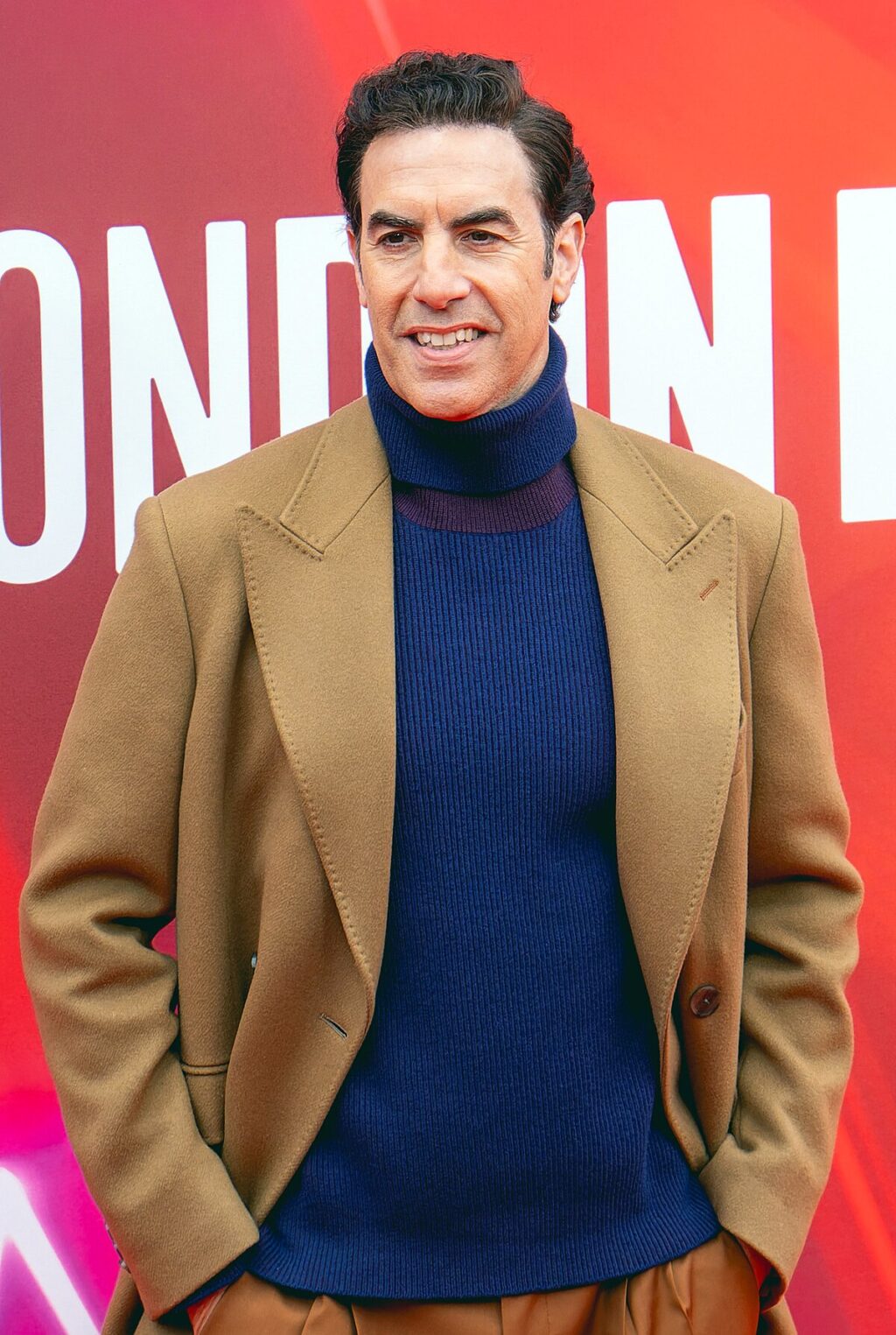
Introduction
Sacha Baron Cohen is a multifaceted entertainer known for his unique approach to comedy. With his blend of satire, social commentary, and provocative characters, he has reshaped modern comedic narratives. His work challenges societal norms and often provokes critical discussions on various topics, making him a significant figure in today’s entertainment landscape.
Career Highlights
Cohen, born on October 13, 1971, in London, England, gained worldwide recognition with characters such as Ali G, Borat, and Bruno. His breakout film, “Borat,” released in 2006, was a cultural phenomenon and sparked conversations about stereotypes and prejudices. The film grossed over $260 million worldwide and earned Cohen a Golden Globe for Best Actor.
Following Borat, Cohen continued to push boundaries with “Bruno” (2009) and the politically charged “The Dictator” (2012). His characters often confront audiences with uncomfortable truths, leading to both acclaim and controversy. In recent years, Cohen returned to familiar territory with the sequel to “Borat,” released in 2020, which received critical praise for its timely social commentary, particularly regarding the political climate in the United States.
Recent Projects and Social Impact
In addition to film, Cohen has utilized his platform for activism. In 2021, he participated in a crucial speech at the Anti-Defamation League’s 2021 Never Is Now Summit on Antisemitism and Hate, emphasizing the responsibility of media creators to combat hate through their work. Cohen’s efforts straddle the line between entertainment and advocacy, illustrating his belief in comedy’s power to inspire dialogue and change.
Conclusion
Sacha Baron Cohen’s impact on comedy is profound, as he blurs the lines between entertainment and social commentary. His innovative characters not only entertain but also challenge audiences to reflect on their perceptions and biases. As he continues to evolve his craft, it is likely that Cohen will remain a significant figure in both the comedic and social spheres, using his platform to highlight issues that resonate with global audiences. The future of comedy may well be shaped by voices like his, which strive to combine humor with a deeper understanding of society’s complexities.



